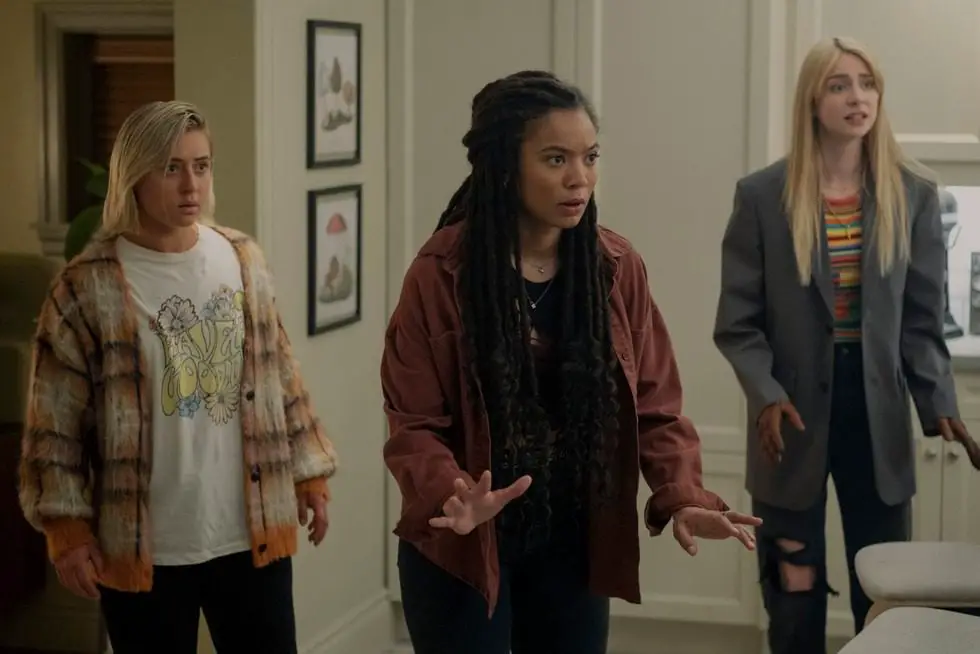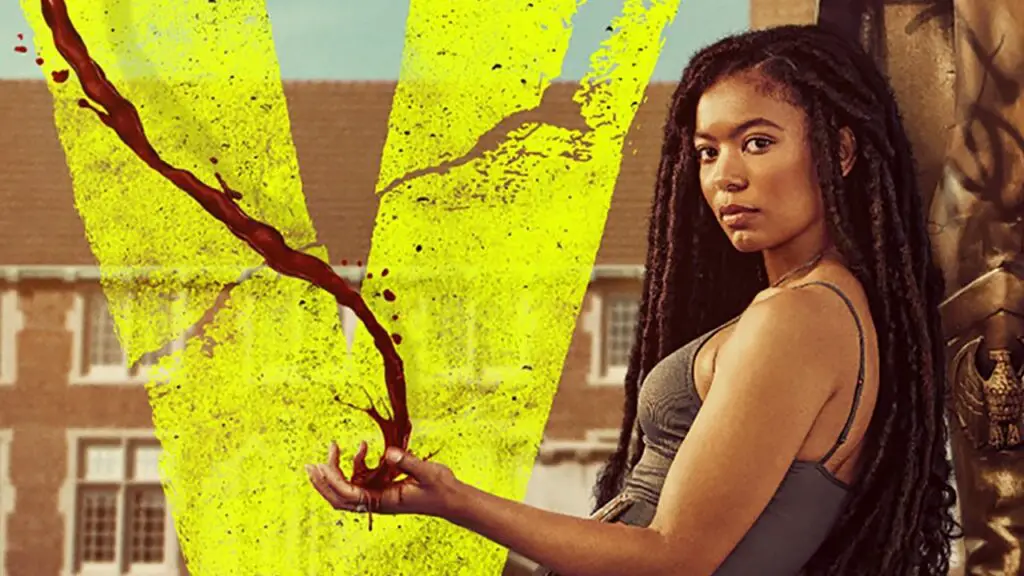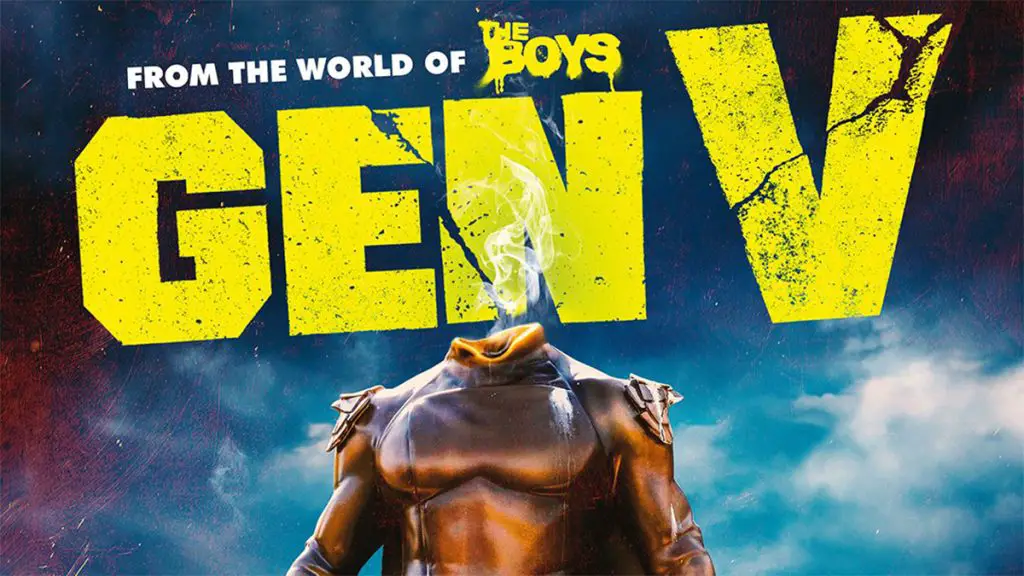Three episodes deep and Gen V already promises to be more than just an extension of its mother series, The Boys. The spin-off series has kept fans on the edge of their seats with character fatalities, unexpected turns, and thrilling developments that adhere to the core tone of The Boys. Positioned in a university setting, Gen V delves into the lives of young Supes, still in the process of discovering their identity in a world filled with superheroes. There were speculations that Gen V would present a diluted version of The Boys due to the younger age of its characters. But it’s evident now that it doesn’t waver, bringing forward the richness of both its source material and the nuances of the coming-of-age genre.
Prime Video Flips the Script with Gen V
Prime Video’s Gen V is well aware of its audience’s expectations, playing on these and then delightfully subverting them. The show retains the essence of The Boys — from the gore and violence to the bizarre sexual encounters — yet manages to introduce a fresh twist. Take the character Golden Boy (Patrick Schwarzenegger) for instance, initially appearing as a younger iteration of Homelander (Antony Starr). His sudden exit in the debut episode swiftly made it clear that while Gen V may share a universe with The Boys, its narrative stands distinct. Elements like the Godolkin University introduction video further emphasize this difference, indicating that while both series revolve around superheroes, Gen V approaches its narrative more sensitively, focusing on budding Supes finding their way.
The Coming-of-Age Dimension: Gen V’s Master Stroke

The Boys, a timely parody on the superhero wave propelled by Marvel, discusses the potential ramifications of possessing superpowers. It presents a grounded reality wherein super abilities make individuals feel above others. Gen V builds on this idea but through the lens of teenagers and young adults grappling with the intricacies of growing up. A notable instance is young Marie (Jaeda LeBlanc) simultaneously experiencing her first menstrual cycle and the discovery of her powers, drawing parallels with X-Men comics. This coming-of-age underpinning differentiates Gen V from The Boys. It grants depth to characters like Marie, Jordan (London Thor/Derek Luh), and especially Emma (Lizze Broadway) whose power intricately ties with her bulimia, a condition influenced by her controlling mother.
The Boys’ Legacy in Gen V: Cameos with a Purpose
Gen V astutely integrates its connection with The Boys, not merely resorting to cameo appearances for thrill. While characters from The Boys like A-Train (Jessie T. Usher), the Deep (Chace Crawford), Ashley (Colby Minifie), and Madelyn Stillwell (Elisabeth Shue) do make fleeting appearances, they serve to affirm that the two series coexist in the same universe. What truly anchors Gen V to The Boys’ legacy is the recurrence of familiar themes. For instance, Emma, arguably the standout character, anchors many of these iconic moments, from creative demises to odd sexual acts.
Furthermore, Gen V emphasizes the influence of social media more than The Boys, illustrating the weight it holds for Gen Z, aptly represented by its characters. This generation, shaped significantly by the digital realm, also grapples with the repercussions of choices made by earlier generations. Characters like Emma exemplify the impact, symbolizing the scars left on young minds by external pressures.
In Conclusion

Gen V, while upholding the ethos of The Boys, is carving its own niche. It artfully melds elements of parody, coming-of-age narratives, and superhero motifs, offering viewers a unique perspective that feels both familiar and refreshingly new. If it maintains its current trajectory, Gen V could very well set the gold standard for spin-offs in the streaming age.


